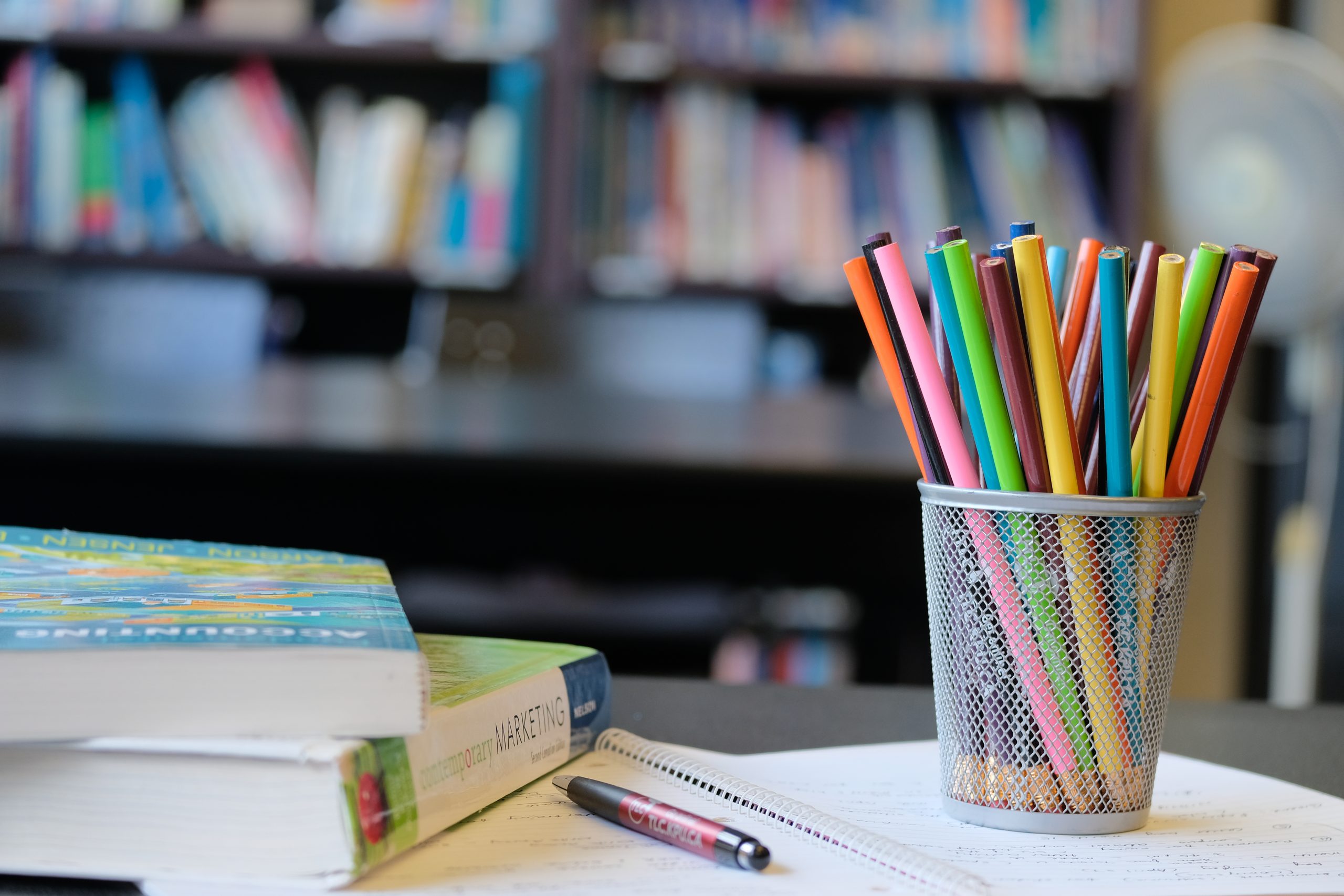15 Reading Textbooks

Textbooks are important resources. Textbooks help you plan ahead as you identify what you need to know at the beginning of each chapter. As you see what you need to learn when reading your textbook, you’ll also be able to plan a strategy for understanding, remembering, and knowing the material better.
Reasons for Reading your Textbooks
You probably already know that you should read your textbooks. However, if you’re like many students, you might read your textbook only when you’re studying. Have you ever read a page or a chapter in a textbook and then noticed soon after that you can’t remember much or anything about what you just read? Committing time to read your textbooks weekly will help you achieve your learning goals. Consider the following reasons for committing to regular reading.
Reading Textbooks helps you get the most out of your class time.
This is true if you read your textbook before going to class. Why? Because if your instructor is talking about a lot of new material or concepts in class for the very first time, it can be difficult to take good notes and understand how all of the concepts fit together.
If you read your textbook before you go to class, you’ll already have a general understanding of the most important topics in that unit. You’ll already be familiar with some of the key words, and you’ll have a good idea, like a “sneak peek”, of what’s coming up. This way, when you go to class, your instructor’s lecture will strengthen the things that you’re already starting to learn, and you’ll be able to ask good questions and to participate well in class.
Most textbooks include some additional resources to help you study
These may include:
- Learning Objectives:listed at the beginning of the chapter. These help you to know right away what the most important things in the chapter are, and what you should focus on.
- Definitions and Glossaries: often, textbooks will highlight new words. These might be at the side of a page, the words might be in bold, or the textbook might include a glossary of key terms. All of these are helpful with new vocabulary.
- Study Questions and Practice Problems: These are often found at the end of chapters and may include chapter summaries. If you put in extra time to work on these sections of the textbook, you’ll be more prepared for tests.
- Online Videos and Quizzes: These can help you to review the key concepts in your class, and to strengthen your understanding of concepts that may be difficult for you.
Content from textbooks is often included on exams
In most programs at NSCC, you’re expected to spend time outside of scheduled class time to do independent studying, homework, or work on projects, and assignments. Most instructors will include questions from the textbook on tests and exams, and these things might not have been covered in class. If you only rely on your class notes, you might miss key concepts that you’ll need to know in your course.
You become a better reader by reading
It takes practice! Learning to read textbooks will prepare you to read other complex material that you’ll probably encounter throughout your studies and possibly later in your career. Reading efficiently is a skill you’ll use throughout your life – not just in your current classes.
Try it!
Complete the short quiz to understand how reading your textbook connects with the learning objective in your course.

